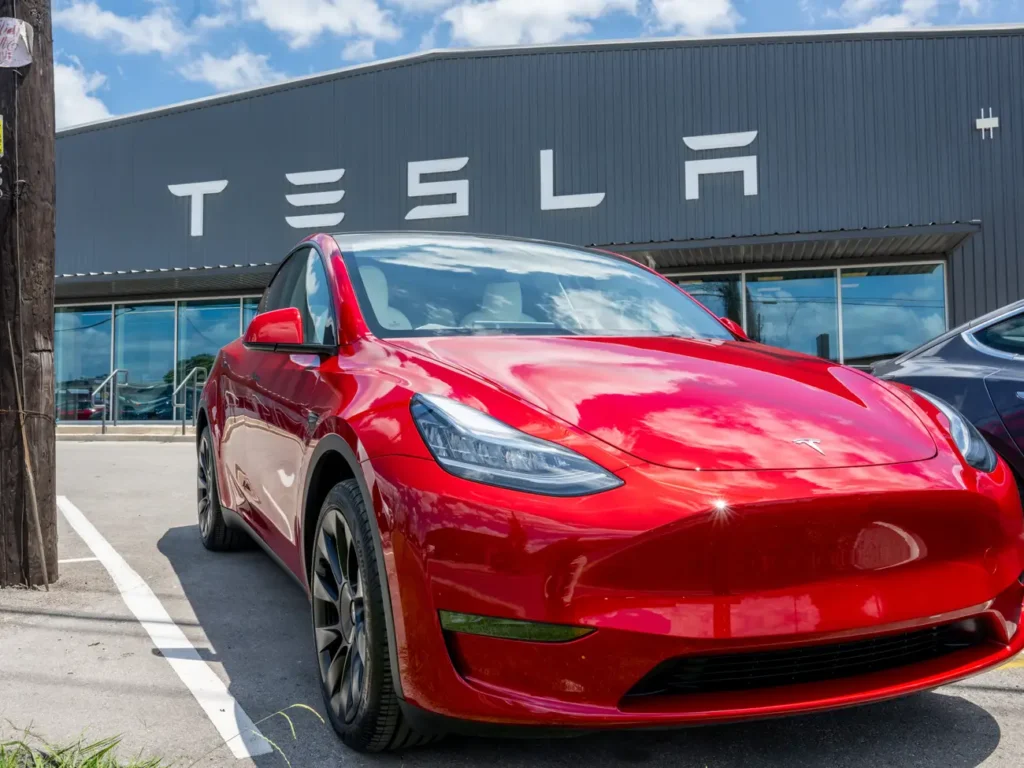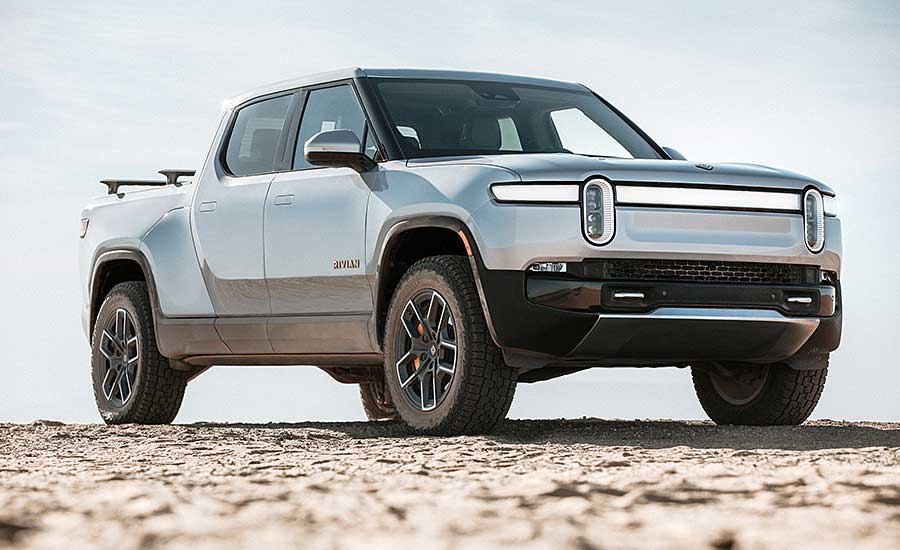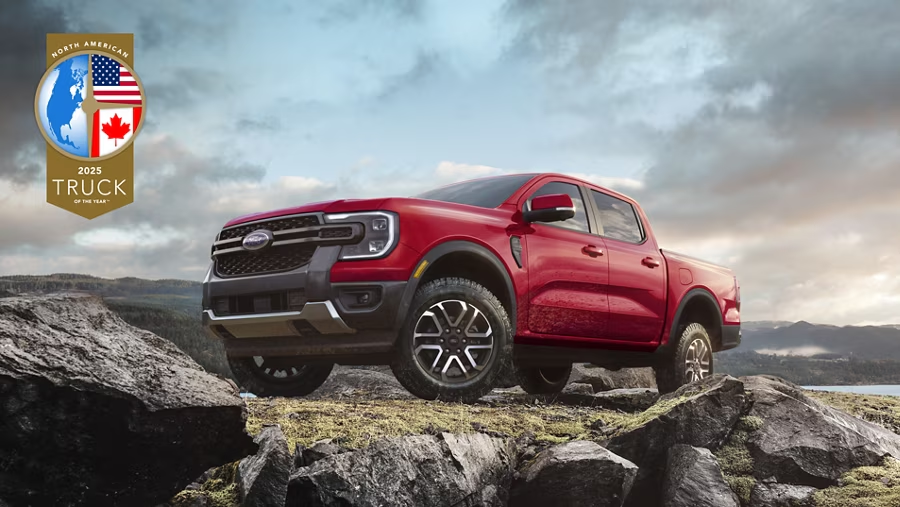The electric vehicle (EV) market has been on a steady rise for the past few years, gaining traction among car buyers, governments, and industries alike. As the world increasingly leans toward sustainable solutions to combat climate change, electric cars have emerged as a viable alternative to traditional combustion engine vehicles. But the question on everyone’s mind remains—which EV will dominate in 2025?
In this article, we will dive deep into the world of electric vehicles, discussing the emerging trends, innovations, and key players that are shaping the future of the automotive industry. With technological advancements accelerating, new models, and shifting market dynamics, 2025 will undoubtedly be an exciting year for electric cars.
Table of Contents
The Current State of the Electric Vehicle Market
Before we look ahead to 2025, it’s important to understand where the electric vehicle market stands today. Over the last decade, the shift towards electric cars has been nothing short of revolutionary. With global sales of EVs continuing to rise year after year, major automakers are increasingly investing in EV production. According to the International Energy Agency (IEA), the global stock of electric cars surpassed 10 million in 2020, a major milestone in the transition from internal combustion engine (ICE) vehicles to electric alternatives.
Consumers are showing increasing interest in sustainable transportation options, spurred by environmental concerns, government incentives, and advancements in technology. The expansion of charging infrastructure, improved battery technology, and falling prices of electric vehicles have all contributed to making EVs more accessible than ever before.
Key Players in the EV Market: A Look at Industry Leaders
As of today, several automotive giants are leading the charge in the EV market. These companies have made significant strides in the development of electric vehicles, each contributing to the transformation of the industry in unique ways.
Tesla: The Vanguard of the EV Revolution
Tesla, under the leadership of Elon Musk, has been the undisputed leader in the electric vehicle market for years. With its revolutionary electric models such as the Model 3, Model Y, and Model S, Tesla has cemented its place at the forefront of the EV movement. The company’s commitment to innovation, range, and performance has set a new standard for electric vehicles worldwide.
As we approach 2025, Tesla will undoubtedly continue to play a pivotal role in the evolution of electric cars. With plans for the Cybertruck and the much-anticipated Tesla Semi, the company is pushing the boundaries of what electric vehicles can achieve. The upcoming Tesla Roadster, with its promise of blistering speed and unmatched range, is also expected to raise the bar even further.

Reference: Tesla Official Website – Tesla
Rivian: The New Challenger on the Block
Rivian, a startup electric vehicle manufacturer, has quickly gained recognition for its bold ambitions. With a focus on adventure-ready electric trucks, the company has positioned itself as a key rival to Tesla, aiming to capture a significant share of the market. The Rivian R1T, the world’s first all-electric pickup truck, was launched with much fanfare, and the company’s partnership with Amazon, which has placed orders for electric delivery vans, gives Rivian a strong foothold in the EV landscape.
The company is also on track to deliver the R1S, an electric SUV with off-road capabilities, which further highlights Rivian’s commitment to pushing the boundaries of electric vehicle performance.

Reference: Rivian Official Website – Rivian
The Rise of Legacy Automakers Adapting to Electric Vehicles
While Tesla, Rivian, and other startups have made significant waves, legacy automakers are not sitting idly by. Traditional car manufacturers, who have built their reputation on gas-powered vehicles, are now jumping into the electric vehicle market with full force.
Volkswagen Group
Volkswagen has made a dramatic shift toward electric vehicles in recent years. After the diesel scandal of 2015, the company invested billions of dollars into its electric vehicle program, with plans to launch several new electric models. The Volkswagen ID.4, for example, is one of the company’s flagship electric vehicles, and VW has ambitious plans for more EVs in the coming years.
As we look to 2025, Volkswagen’s electrification strategy is expected to propel it to the forefront of the EV market, competing with the likes of Tesla and others. The company has committed to producing 70 electric models by 2030, signaling its serious intent to dominate the electric vehicle space.
Reference: Volkswagen Official Website – Volkswagen Group
Ford: A New Era of Electric Trucks
Ford, a name synonymous with trucks, is leading the way with its electrification strategy. The Ford F-150 Lightning, an all-electric version of its iconic F-150 pickup truck, has generated considerable excitement in the automotive world. The company is also investing in electric SUVs, such as the Ford Mustang Mach-E, which aims to combine performance with sustainability.
Ford’s aggressive push into the electric vehicle market, combined with its already loyal customer base, puts the company in a strong position to dominate the EV space by 2025.

Reference: Ford Official Website – Ford Motor Company
The Role of Technology in the Future of EVs
One of the most significant factors driving the future of electric vehicles is technological innovation. As battery technology advances, electric vehicles are becoming more efficient, affordable, and practical. The key areas of innovation in EV technology include:
Battery Technology: The Heart of EV Performance
At the core of every electric vehicle lies its battery. As battery technology continues to improve, we are witnessing longer ranges, faster charging times, and better overall performance. The development of solid-state batteries, which promise to be lighter, more efficient, and longer-lasting than conventional lithium-ion batteries, could be a game-changer for the EV market.
Companies like QuantumScape, a startup backed by Volkswagen and Bill Gates, are making significant strides in the development of solid-state batteries. If successful, solid-state batteries could revolutionize the electric vehicle market by significantly reducing charging times and extending vehicle range.
Reference: QuantumScape – Solid-State Battery Technology
Autonomous Driving: The Next Frontier for EVs
Another area of technological advancement that is transforming the electric vehicle market is autonomous driving. Companies like Tesla, Waymo (a subsidiary of Alphabet), and General Motors are investing heavily in self-driving technologies, with the goal of creating fully autonomous vehicles.
By 2025, it is highly likely that we will see EVs with advanced driver-assistance systems (ADAS) that offer semi-autonomous or fully autonomous driving capabilities. This could drastically reduce the need for human intervention, making driving safer, more efficient, and even more enjoyable.
The Environmental Impact of Electric Cars
Electric vehicles offer a significant reduction in carbon emissions compared to traditional internal combustion engine vehicles. As the world continues to address the global climate crisis, EVs are seen as a key solution to reducing the transportation sector’s environmental impact.
The transition to EVs will help reduce the dependency on fossil fuels and lower greenhouse gas emissions. However, it is important to acknowledge that the environmental impact of EVs is not without challenges. The mining of raw materials such as lithium, cobalt, and nickel, which are essential for electric vehicle batteries, poses significant environmental and ethical concerns. Moreover, while EVs produce zero tailpipe emissions, the environmental impact of electricity generation used to charge EVs must also be considered.
As we approach 2025, the industry will need to address these concerns through the development of sustainable mining practices, more efficient battery recycling methods, and the increased adoption of renewable energy sources for charging.
The Road Ahead: Which EV Will Rule in 2025?
The future of electric vehicles is undeniably exciting, with numerous advancements on the horizon. By 2025, the EV market will likely be dominated by a handful of key players, each pushing the boundaries of technology, performance, and sustainability.
Tesla, with its advanced technologies and market leadership, will remain a strong contender. Rivian, with its focus on rugged adventure vehicles, is set to carve out a niche for itself. Meanwhile, legacy automakers like Volkswagen and Ford are committed to an all-in approach to electric vehicles, positioning themselves as serious competitors.
However, the real question is: which EV will rule 2025? Will Tesla maintain its dominance, or will new entrants and traditional automakers rise to the occasion? Only time will tell, but one thing is certain—the electric vehicle revolution is only just beginning.
For more such contents follow TazaContent